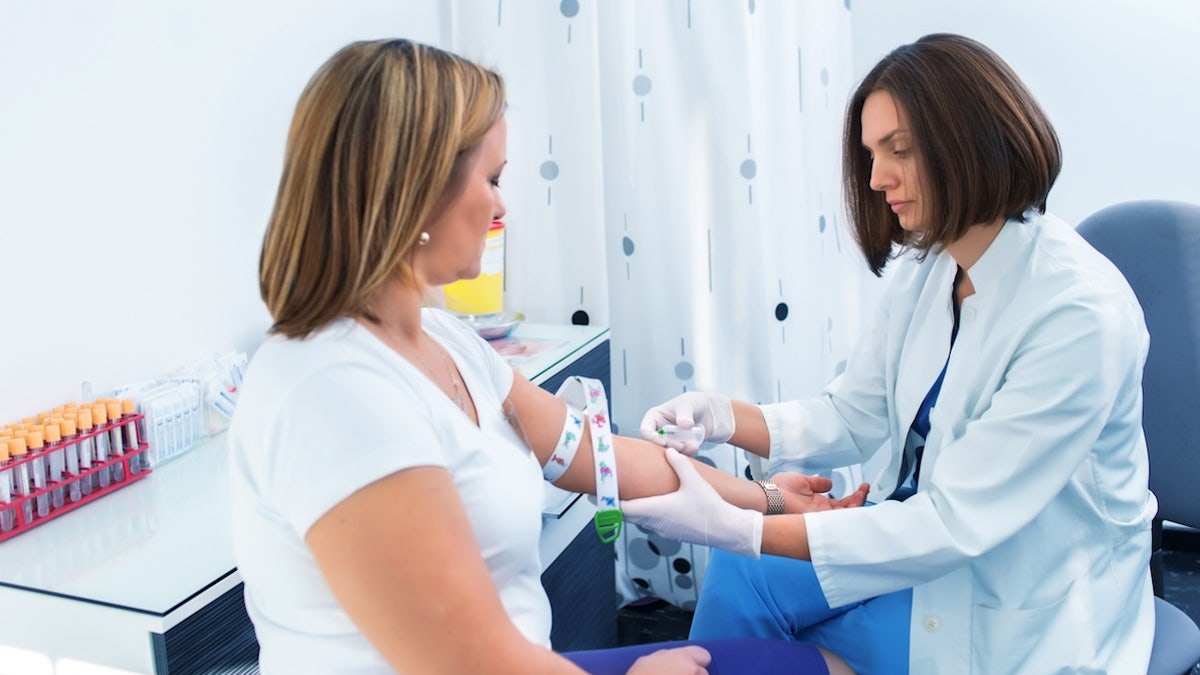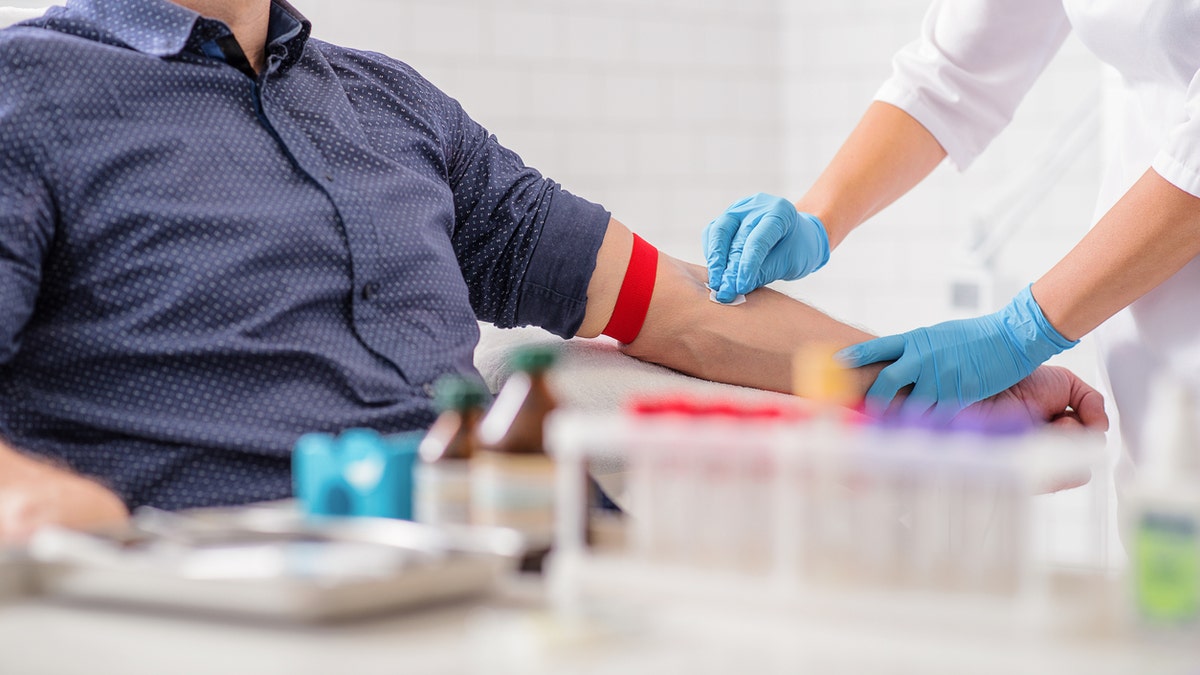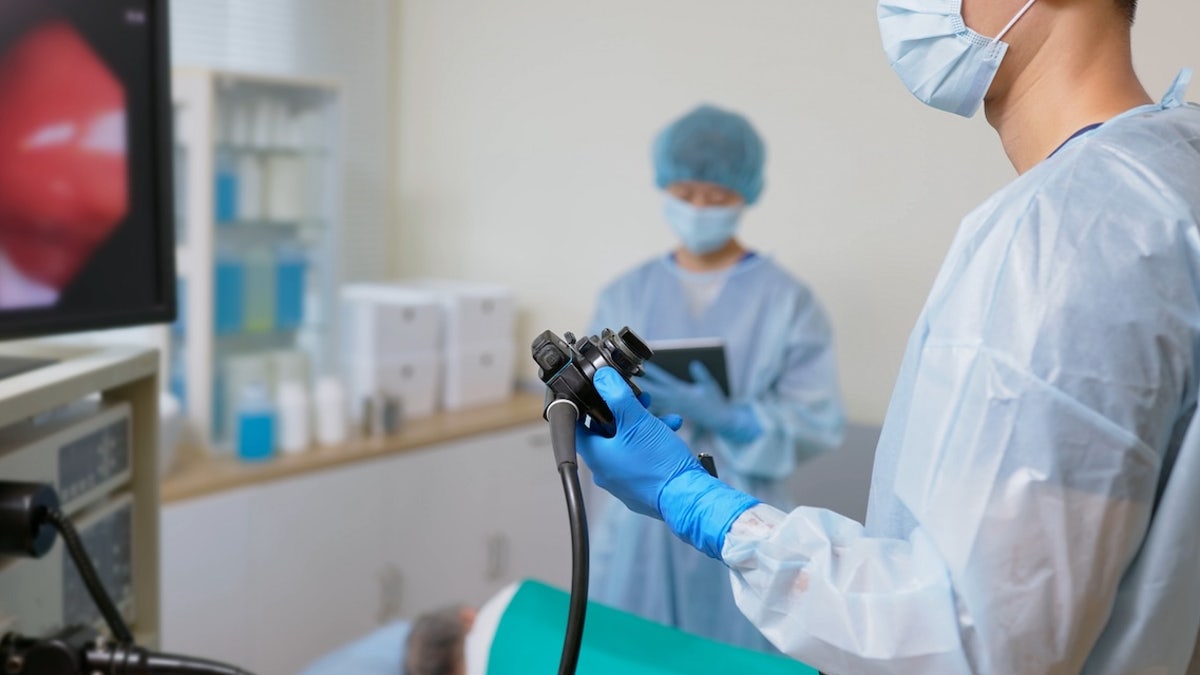A groundbreaking blood test boasts over 80% accuracy in detecting colon cancer and can effectively rule it out for 90% of healthy individuals, according to a recent study. These findings, presented at the 2025 American Society of Clinical Oncology Gastrointestinal Cancers Symposium in San Francisco and published in the Journal of Clinical Oncology, offer a potential breakthrough in early cancer detection.

The study involved over 27,000 adults aged 45 to 85 who provided blood samples before undergoing colonoscopies. Researchers analyzed these samples for molecular indicators of advanced colorectal cellular changes, comparing the results with the colonoscopy findings. The test demonstrated an 81.1% sensitivity rate in identifying existing colon cancer and a 90.4% specificity rate in correctly identifying individuals without the disease.

Lead study author Dr. Aasma Shaukat of NYU Grossman School of Medicine emphasized the need for more accessible and convenient colorectal cancer screening methods. This blood test offers a promising alternative to existing stool-based tests and colonoscopies, potentially increasing screening rates. Dr. Pamela Kunz of Yale School of Medicine, while not involved in the study, acknowledged the blood test as a valuable addition to the available screening options.

Dr. Pashtoon Kasi, medical director of gastrointestinal medical oncology at City of Hope Orange County, explained that such "liquid biopsies" are transforming cancer care. He highlighted that while this specific test targets colon and rectal cancer, other liquid biopsies can detect multiple cancers from a single blood draw. However, Dr. Kasi cautioned that these blood tests should not replace colonoscopies, which remain the gold standard for colon cancer screening due to their ability to detect and remove precancerous polyps. If the blood test yields a positive result, a colonoscopy is still necessary for further evaluation.

Early detection is crucial, especially with the rising incidence of colon cancer in individuals under 50. Dr. Kasi stressed the importance of expanding research and developing diagnostic tools for younger populations, given that colorectal cancer is projected to become the leading cause of cancer death among young adults in the U.S. by 2030. While colonoscopies remain essential for prevention, blood tests offer a less invasive option for initial screening, potentially encouraging higher participation rates. Further research will explore the long-term impact of this colorectal blood test, with future availability dependent on regulatory approvals and insurance coverage.

Dr. Shaukat advises individuals to discuss all available colorectal cancer screening options with their healthcare providers, including stool tests, blood tests, and colonoscopies, to determine the best approach based on individual risk factors and preferences.
Comments(0)
Top Comments